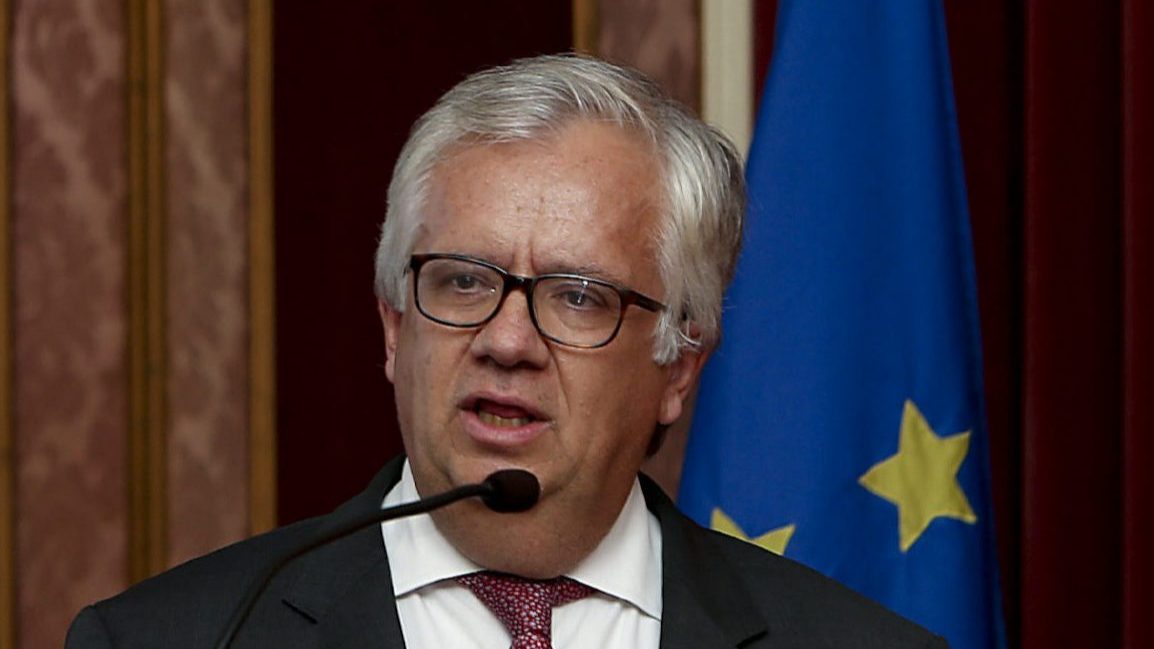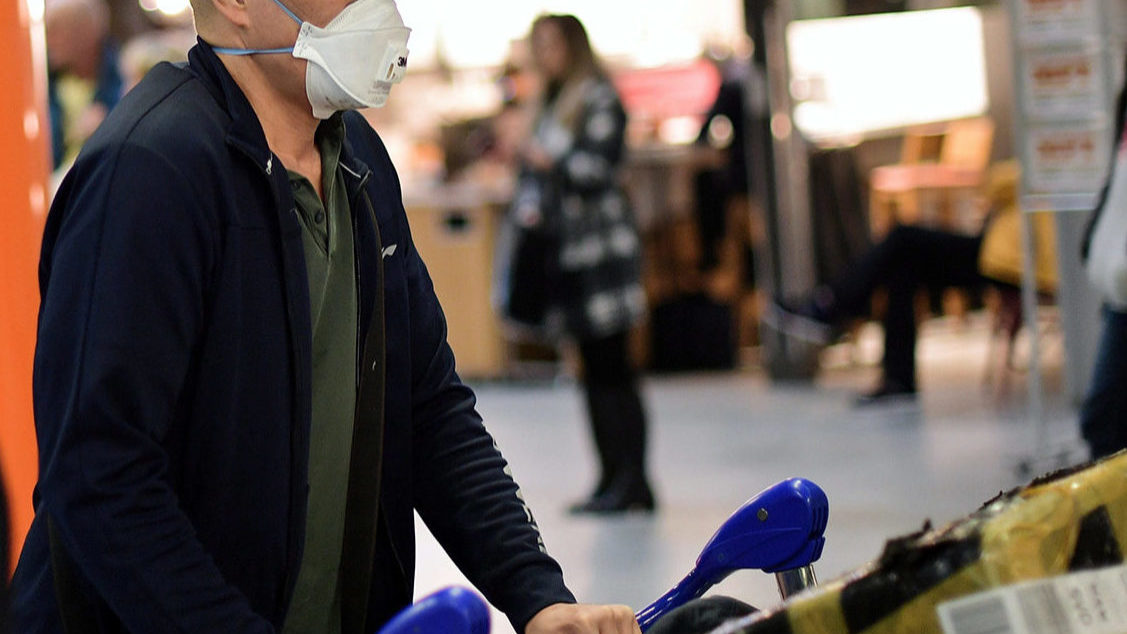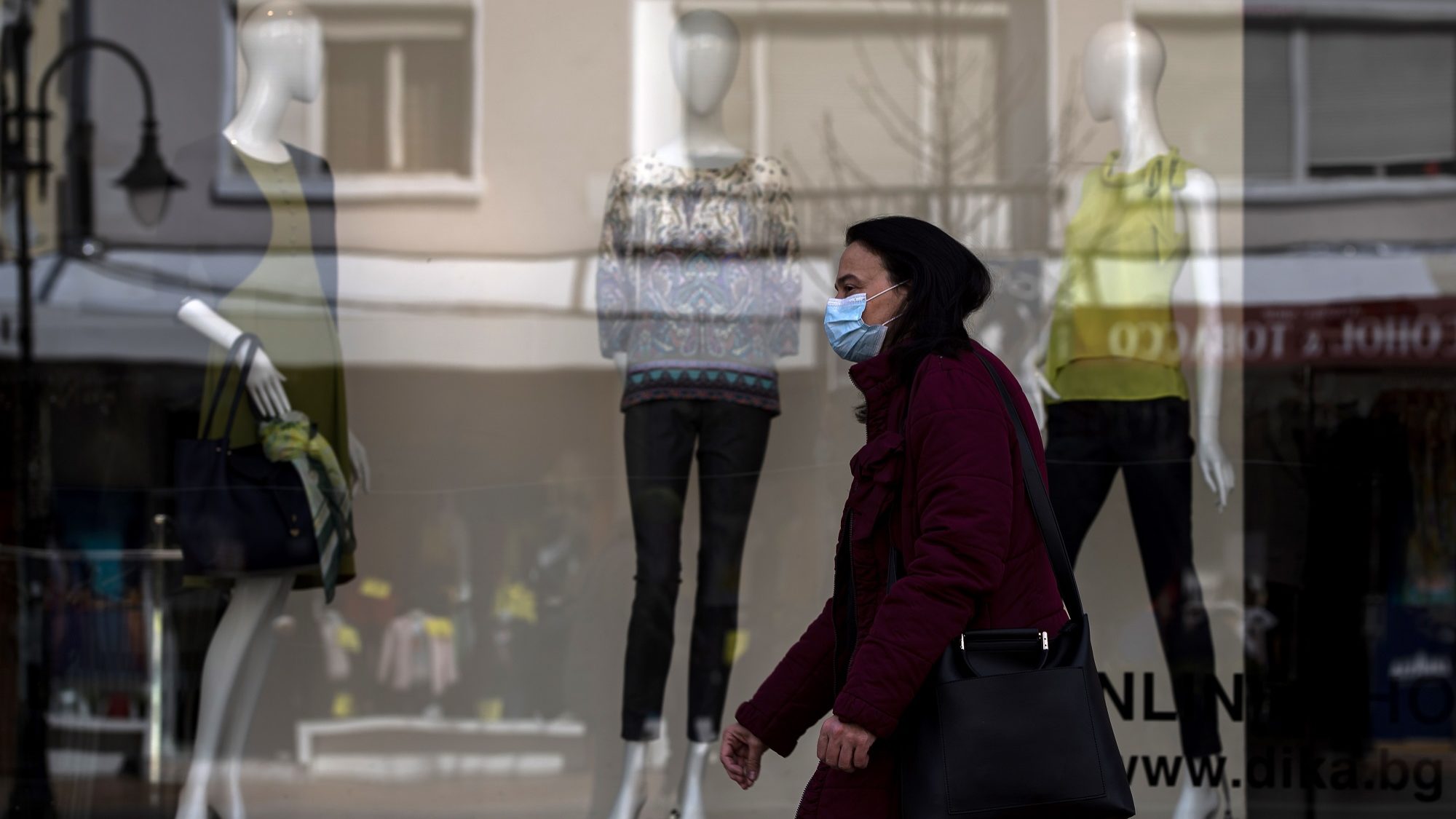Prime Minister sees the coronavirus affecting the economy. “There’s probably not gonna be a surplus anymore”
António Costa says the country is in battle with the virus. He applauds the Portuguese actions in this state of alert.
The Prime Minister António Costa argues that, first of all, it is necessary to “give everything to save lives, preserve the lives” of the Portuguese at a time when cases of infection by the coronavirus are increasing. This is the battle of a country that is in a state of alert, preparing for the emergency. But “while we’re fighting the battle against the virus, we have to fight to start over”, the Prime Minister argues, admitting a strong “blow” to the national economy. Even so, Portugal can look with “relative calm to the impact” of Covid-19.
“Right now, we are looking to the future with concern given the degrees of uncertainty” surrounding the evolution of the coronavirus, at a time when 331 are already infected and one death – with the peak of Covid-19 expected at the end of April. Even so, in an interview with SIC, Costa recalled that the budget management of the last four years allows us to “be here without being distressed about the impact” that it will end up having on public accounts.
Surplus? “Budget surplus, there probably won’t be any more,” he admitted, but “we can look relatively calmly at this impact,” defended the Prime Minister, who nonetheless warned of the “blow” to the economy. There is a “bump” that will slow down the growth of Portugal’s GDP, after years of growing above the Eurozone average, but there is also a “bump in employment, which is now under strong pressure.” Costa warns of the catering sector, where 90,000 jobs have been created, and is now being heavily penalized.
“We have to give priority to saving lives at risk. But maintaining our lives is essential,” the Prime Minister said. And it’s in that sense that “the measures we’ve been taking have been aimed at the sustainability of family income”. The “drop in income has an immediate recessive effect. When we closed schools, we didn’t make that decision without maintaining part of the families’ income,” he said.


